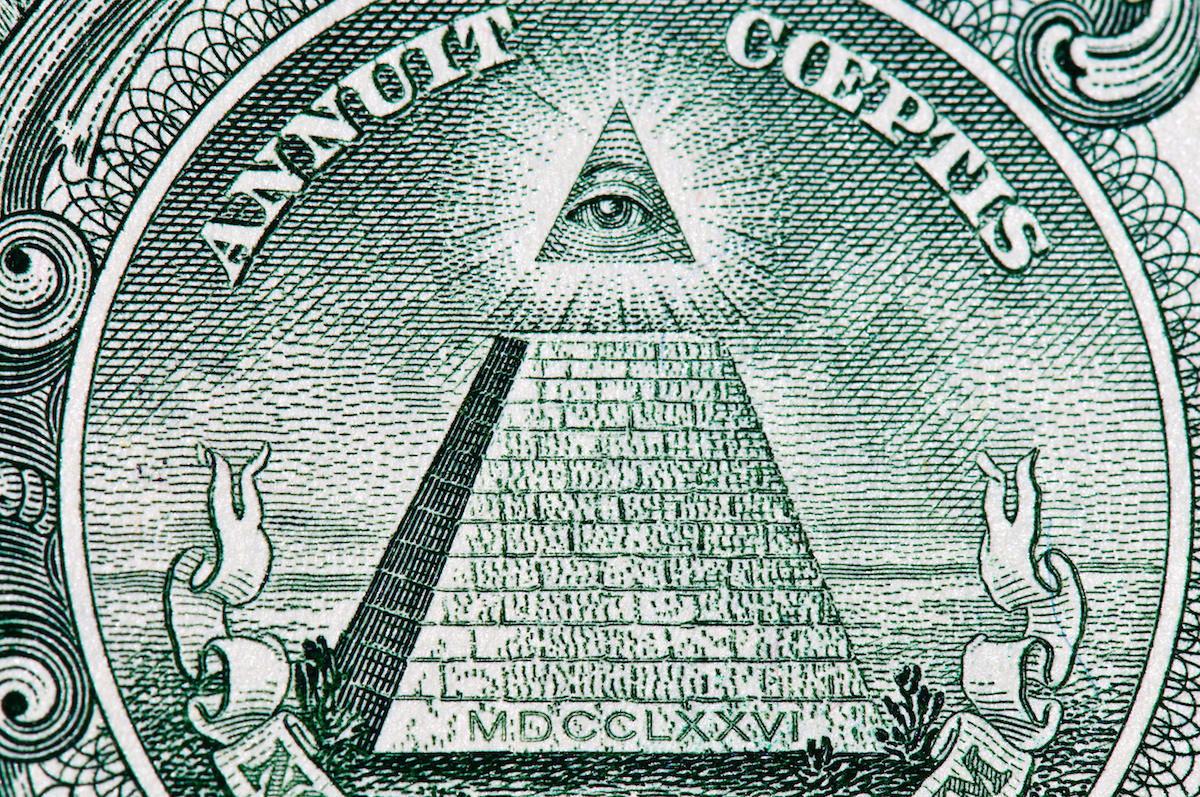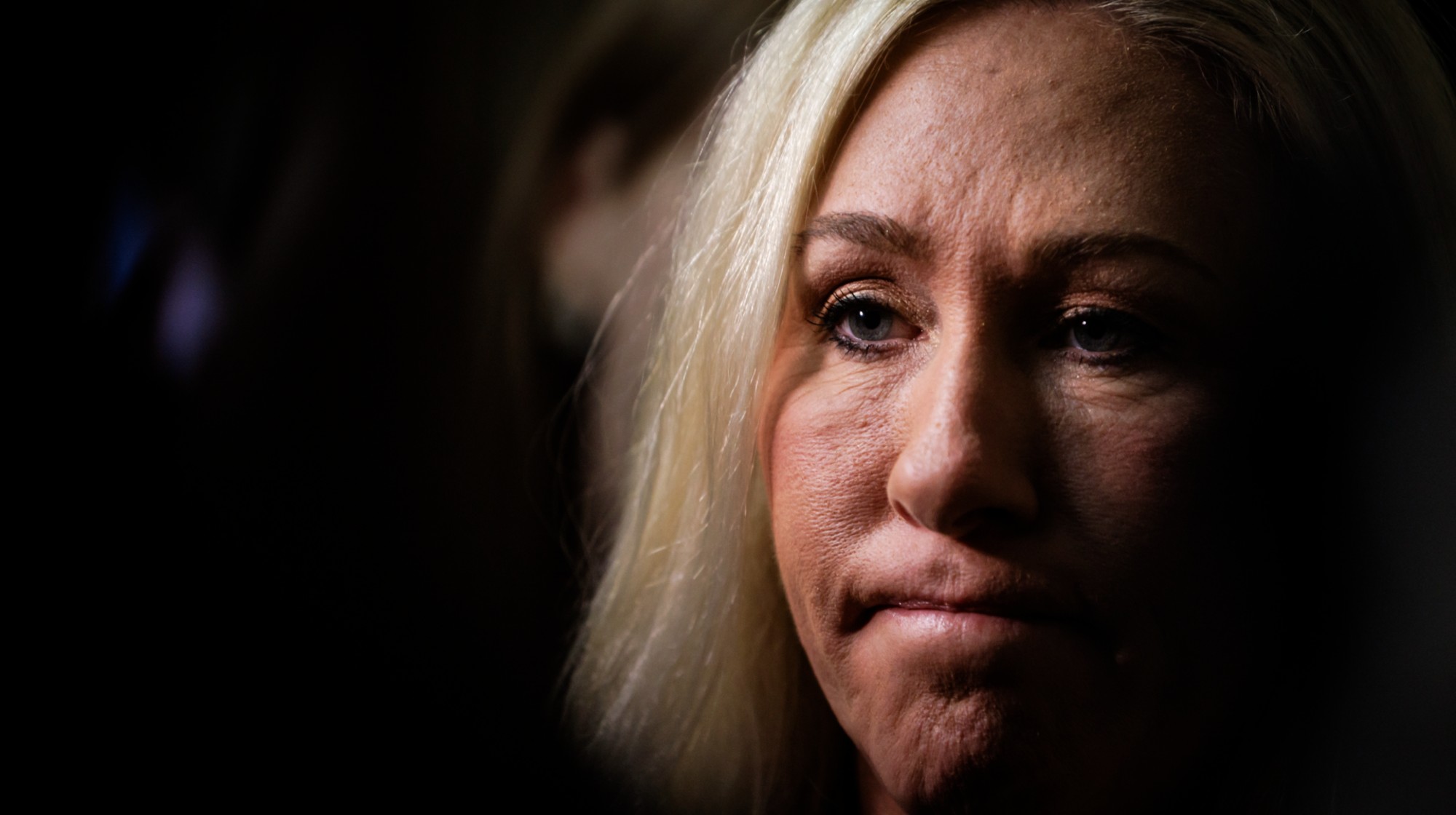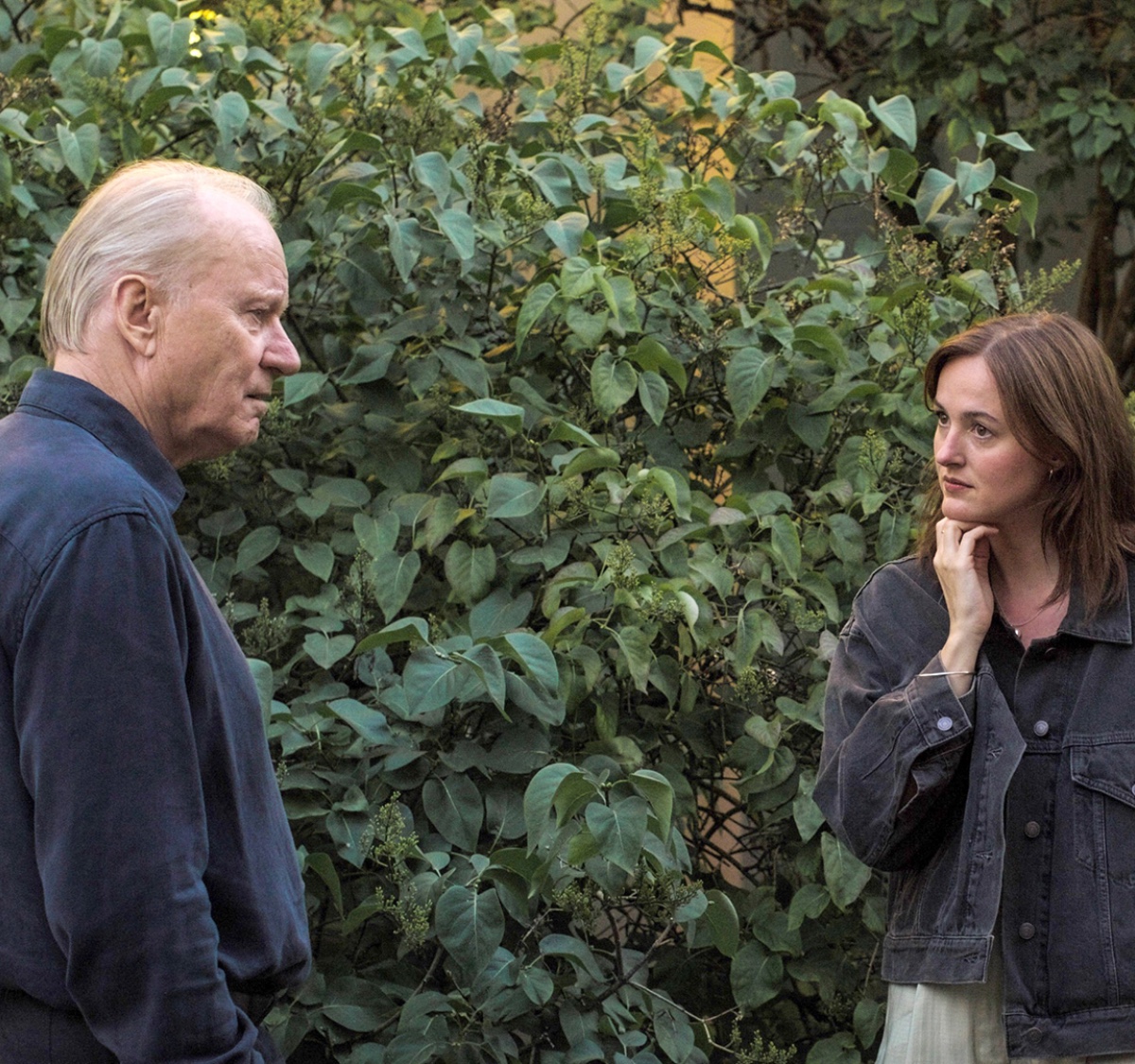Half of you believe at least one medical conspiracy theory
Thinkstock


If you believe that "doctors and the government still want to vaccinate children even though they know these vaccines cause autism and other psychological disorders," you're wrong — but you're not alone. A new study by a pair of University of Chicago political scientists indicates that a discouraging 20 percent of American adults believe that conspiracy theory about vaccinations, and another 36 percent are unwilling to take sides. In all, the researchers found that about half of respondents believed in at least one of the six conspiracy theories the study asked about.
The most popular bit of "medical conspiricism" — with 37 percent agreeing and another 31 percent on the fence — is that the FDA "is deliberately preventing the public from getting natural cures for cancer and other diseases because of pressure from drug companies." The only other conspiracy to hit the 20 percent agreement mark is that "health officials know that cell phones cause cancer but are doing nothing to stop it because large corporations won't let them."
The researchers warn against dismissing the people who believe these notions as "a delusional fringe of paranoid cranks," noting that most of them (us?) are normal people trying to cope with a crazy world that includes lots of real stacked decks and official monkey business. These conspiracy theories can actually harm our health, says Chris Hendel at Consumer Reports, but "over the years industry, our government, and some medical researchers have given us more than a few reasons to doubt that they always have our best interest in mind."
The Week
Escape your echo chamber. Get the facts behind the news, plus analysis from multiple perspectives.

Sign up for The Week's Free Newsletters
From our morning news briefing to a weekly Good News Newsletter, get the best of The Week delivered directly to your inbox.
From our morning news briefing to a weekly Good News Newsletter, get the best of The Week delivered directly to your inbox.
A free daily email with the biggest news stories of the day – and the best features from TheWeek.com
Peter has worked as a news and culture writer and editor at The Week since the site's launch in 2008. He covers politics, world affairs, religion and cultural currents. His journalism career began as a copy editor at a financial newswire and has included editorial positions at The New York Times Magazine, Facts on File, and Oregon State University.
-
 Is Marjorie Taylor Greene undergoing a political realignment?
Is Marjorie Taylor Greene undergoing a political realignment?TALKING POINTS The MAGA firebrand made a name for herself in Congress as one of the Donald Trump’s most unapologetic supporters. One year into Trump’s second term, a shift is afoot.
-
 Film reviews: ‘Jay Kelly’ and ‘Sentimental Value’
Film reviews: ‘Jay Kelly’ and ‘Sentimental Value’Feature A movie star looks back on his flawed life and another difficult dad seeks to make amends
-
 6 homes on the Gulf Coast
6 homes on the Gulf CoastFeature Featuring an elegant townhouse in New Orleans’ French Quarter and contemporary coastal retreat in Texas
-
 Nobody seems surprised Wagner's Prigozhin died under suspicious circumstances
Nobody seems surprised Wagner's Prigozhin died under suspicious circumstancesSpeed Read
-
 Western mountain climbers allegedly left Pakistani porter to die on K2
Western mountain climbers allegedly left Pakistani porter to die on K2Speed Read
-
 'Circular saw blades' divide controversial Rio Grande buoys installed by Texas governor
'Circular saw blades' divide controversial Rio Grande buoys installed by Texas governorSpeed Read
-
 Los Angeles city workers stage 1-day walkout over labor conditions
Los Angeles city workers stage 1-day walkout over labor conditionsSpeed Read
-
 Mega Millions jackpot climbs to an estimated $1.55 billion
Mega Millions jackpot climbs to an estimated $1.55 billionSpeed Read
-
 Bangladesh dealing with worst dengue fever outbreak on record
Bangladesh dealing with worst dengue fever outbreak on recordSpeed Read
-
 Glacial outburst flooding in Juneau destroys homes
Glacial outburst flooding in Juneau destroys homesSpeed Read
-
 Scotland seeking 'monster hunters' to search for fabled Loch Ness creature
Scotland seeking 'monster hunters' to search for fabled Loch Ness creatureSpeed Read
